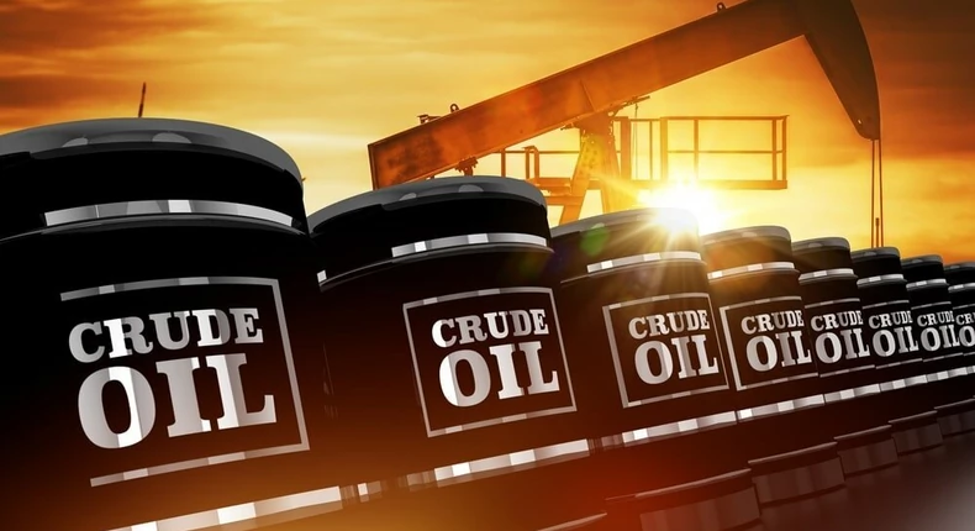The global crude oil benchmark, Brent, finished the year 2021 with a 50.5% annual gain, its biggest since 2016. The US West Texas Intermediate (WTI) also posted a 55.5% gain in what was its strongest performance for 11 years — behind a 70% gain in 2009. These interesting performances were spurred by the recovery of global economic activities from their 2020 low.
Although rising cases of the Omicron new coronavirus variant, especially in the United States of America and China continue to raise concerns about the outlook for crude oil this year, analysts expect oil prices to edge higheras many governments are reluctant to reinstate the lockdowns and restrictions that could rock the global economy into recessions. A leading global investment bank, Morgan Stanley, predicts that Brent Crude oil could hit $90 per barrel in the third quarter of 2022 after the Energy Information Administration (EIA) and Bloomberg lowered OPEC capacity estimates for 2022 by 0.8 million/bpd and 1.2 million/bpd respectively.
Also Read: Nigerian Markets Last Week: Brent Crude Hits $50 Per Barrel As Stocks, Crypto Slump
Brent Oil prices rose by 2.63% to $84/barrel as of 11:00 PM Lagos State on Friday. The implication for rising oil prices is that it will also drive-up prices of items like fertilizer, gasoline and diesel prices as it serves as raw materials in the production process. Also, higher oil prices could keep global inflation very high in 2022 amidst disruption in global supply chains, shortage of oil truck drivers and strong consumer demand.
What is Driving Crude Oil Prices?
- By April 2020, crude oil prices plunged by 80% to a low of about $5 due to a twin shock triggered by the new coronavirus pandemic and the price war between oil leaders – Saudi Arabia and Russia. However, as global economic activities continue to recover from the pandemic pressures, increased global fuel demand is putting pressure prices.
- Limited production capacity due to supply chain constraints such as a limit on production quotas from OPEC+ Group, the inability of African OPEC members to meet production volumes, decline in US Crude Oil WTI inventories, and a lack of investment in the oil sector
- The recent weakening of the US dollar due to the present expansionary monetary environment makes commodities like crude oil more affordable for holders of foreign currencies.
However, there are concerns whether the rally in crude oil prices could last after Reuters reported that the Chinese government could release its oil reserves around the Chinese Lunar New Year between Jan 31st – Feb 6th, a plan coordinated by the USA with the other major consumers to reduce global oil prices and make it less costly for users.
Burden or Blessing for Nigeria?
The Energy Information Administration (EIA) of the United States of America forecasts an average (Brent) crude price of $74.95 per barrel for 2022, almost $13 dollars higher than the $62 on which Nigeria’s 2022 budget is based. This ordinarily should mean that Nigeria has more funds to save (which could be used down the line to pay down debt or invested in healthcare, education, physical infrastructure etc.). But no such benefit would be possible as Nigeria imports over 90% of the refined petroleum it consumes; the additional income from rising oil prices would go towards subsidising the cost of imported petroleum.
Many dates have been announced under the Buhari government for removing the onerous subsidy but the subsidy has remained. Lacking an imaginative initiative for palliatives which could reduce the impact of fuel subsidy removal on the most vulnerable socio-economic group, the Buhari government has made the decision on the subsidy hostage to labour and other left-leaning groups that have for almost four decades successfully frustrated plans to remove the wasteful and corruption-ridden subsidy regime.
